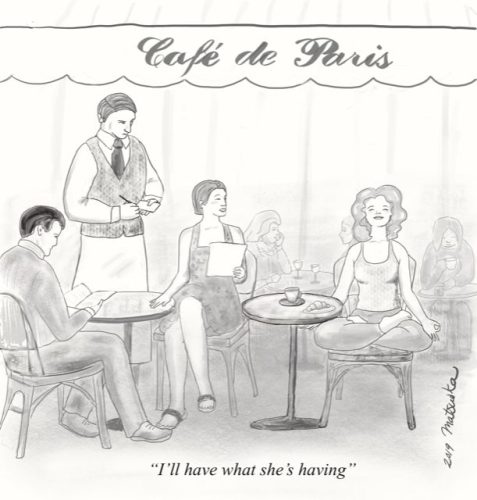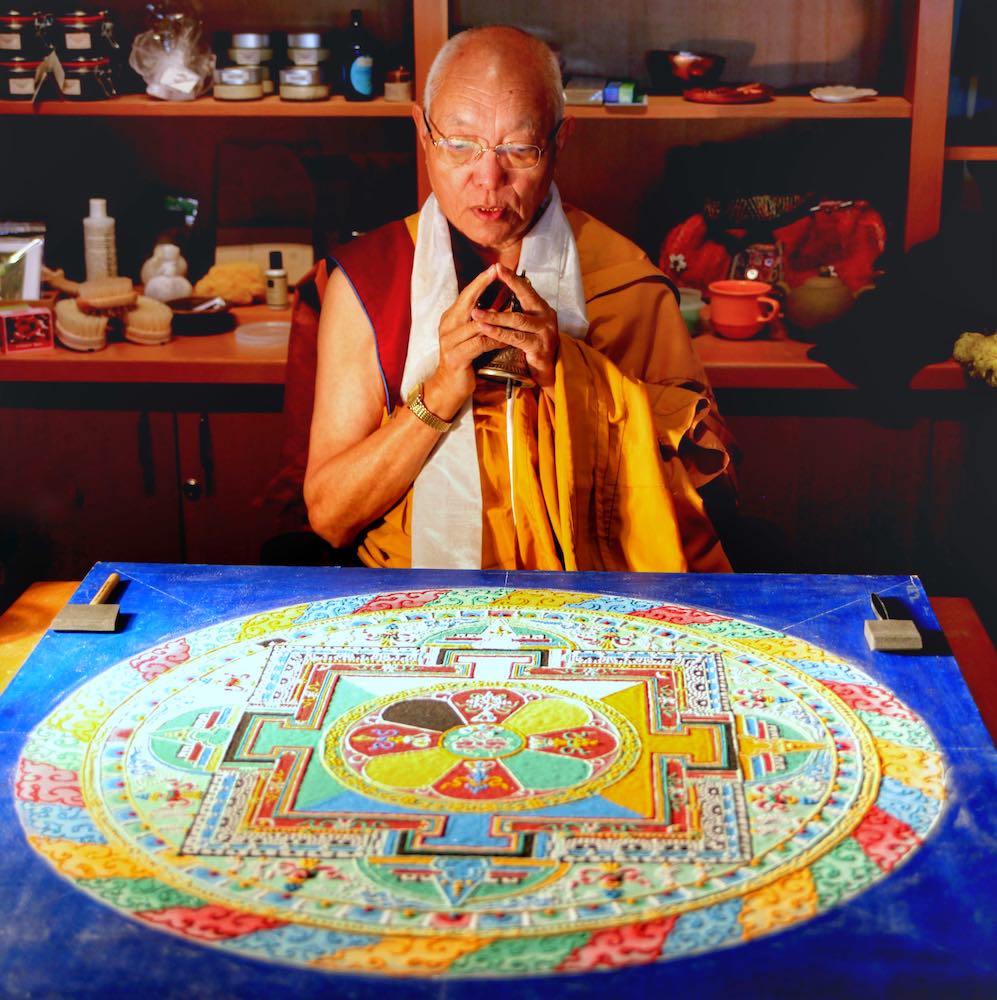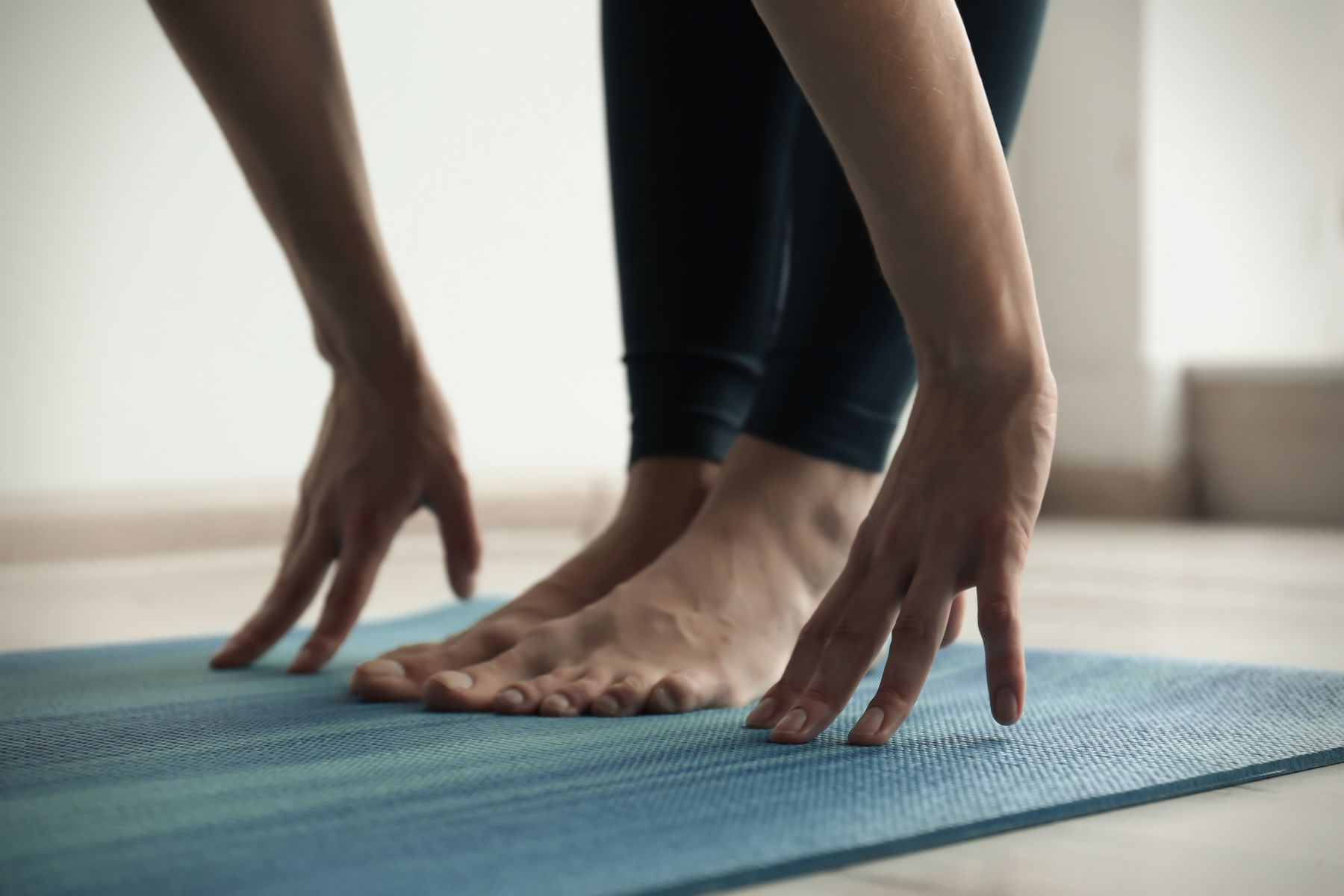I love Paris. The idea of visiting Paris encouraged me to diligently study the French language throughout high school. Paris brings to mind grand structures, such as the Eiffel Tower, museums displaying magnificent artwork (hello Louvre), and delicious cuisine available from the simplest boulangerie to three-star, Michelin-rated restaurants. If you mention you are going to visit Paris, the response is often a far-off look and a sigh.
My daughter and I traveled to Paris together before she started college. People-watching was at the top of our list of things to do, so choosing the right café in Paris was our mission. There were serious criteria to be met:
- The café had to have seating at a busy (but not too busy) street.
- Our table must be streetside for ease of people-watching.
- The café must appear authentic, as if it could have appeared in a romantic, black-and-white film from the 1950s.
- The waiters must (of course) have jackets, ties, and long, white aprons.
- The waiters must have a slightly disapproving (yet respectful) air about them when we inevitably stumble through our French while ordering our meal.
- And, most of all, the café patrons must not all be tourists.
At last, we found our café, a few blocks from the Louvre. A portico with Doric columns provided shade. Across the square, a statue displayed the figure of someone who at one time was noteworthy. We claimed our streetside table. Our waiter arrived perfectly attired in his crisp apron. The choices on our menu seemed daunting, so we glanced at what had just arrived at the next table. My daughter, delighted to make use of her language skills, asked the waiter what they where having, “Qu’est-ce que c’est?” We put down our menus and ordered the same: a pot of espresso, liquid chocolate, and a slice of cake.
As I sat back in my chair, I noticed my senses seemed to be more heightened than usual. The espresso tasted more coffee-like than the coffee back home. A bite of cake burst perfect flavor in my mouth. Everything appeared more vivid. A young man strode by in polished shoes, ankle-length, slim trousers showing his socks, and a tightly-fitting jacket held together by a stiff button. Next, came an elegant woman with short, steel-colored hair, wearing dark-rimmed glasses, red lipstick, and high-heeled shoes that deftly negotiated the cobblestones. I glanced down at myself. I was a woman of a certain age, with rounded shoulders, wearing comfortable shoes and loose, cotton clothing. Worry lines etched across my forehead. “Is this me?” I thought, “I am not sure if I like what I see.” I felt overcome by regrets.
Travel had taken me away from home but returned me back to myself. Here, in this café, I had unexpectedly dropped into a deep state of meditative self-awareness. Buddhist Nun Pema Chödrön writes, “Feelings like disappointment, embarrassment, irritation, resentment, anger, jealousy, and fear, instead of being bad news, are actually very clear moments that teach us where it is that we’re holding back. They teach us to perk up and lean in when we feel we’d rather collapse and back away. They’re like messengers that show us, with terrifying clarity, exactly where we’re stuck. This very moment is the perfect teacher, and, lucky for us, it’s with us wherever we are.”
In that moment, I saw myself more clearly. I was a woman of a wise age, with strong shoulders, and able to wear whatever I wanted. Having raised a daughter on my own, I was blessed to be able to travel with her to a lovely city. As I smiled at my daughter in front of me, I felt full – bursting with contentment.














